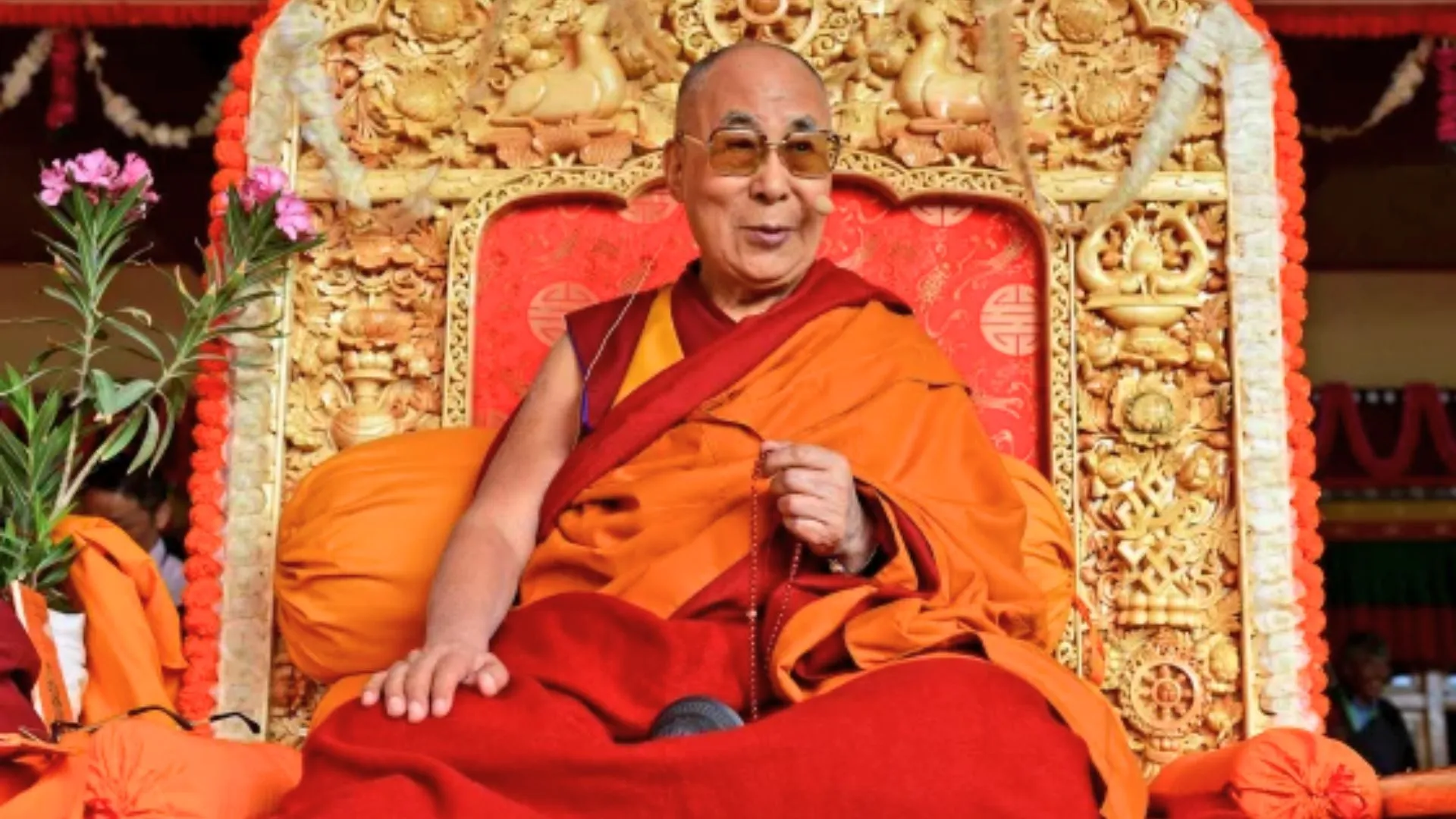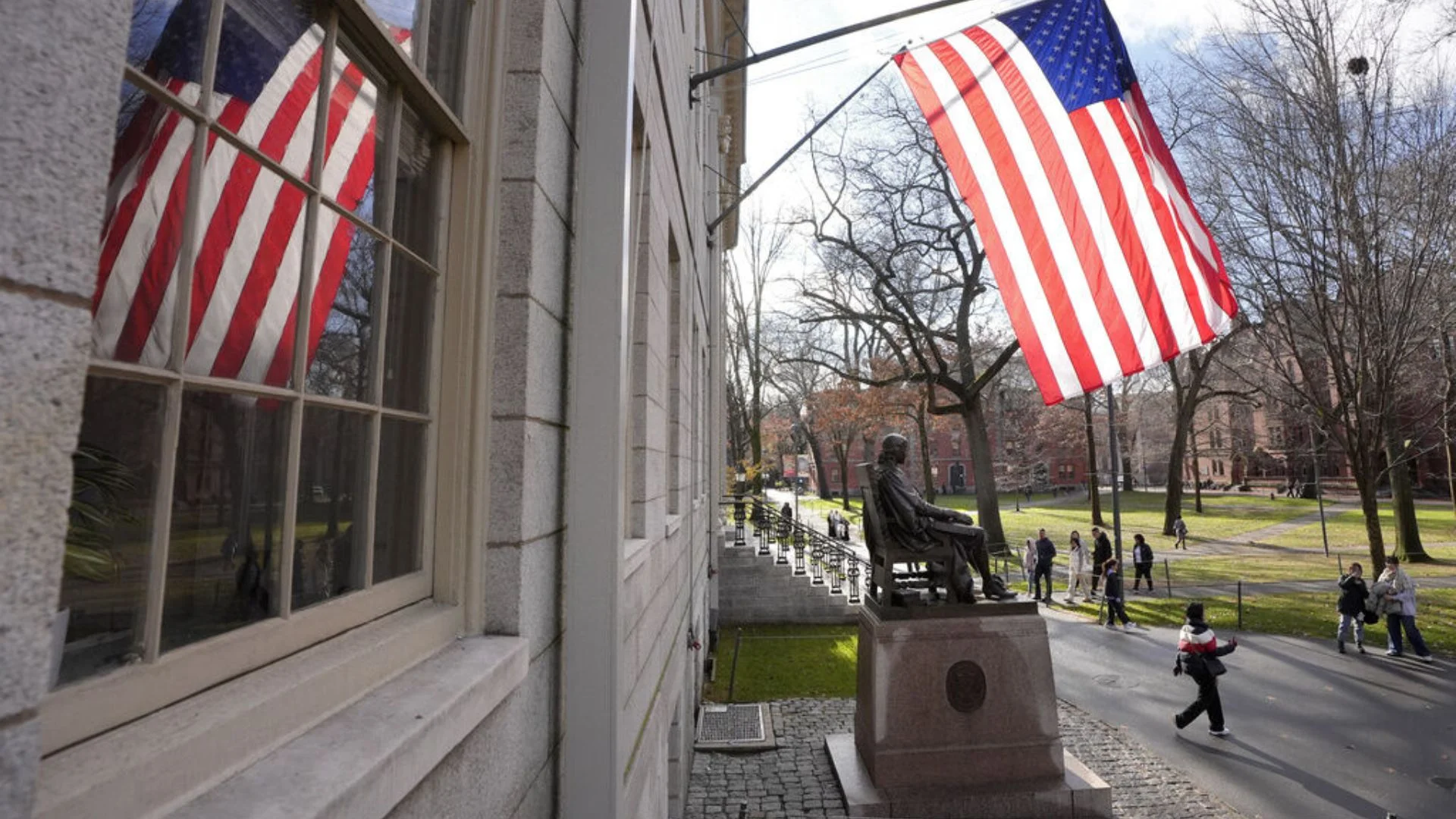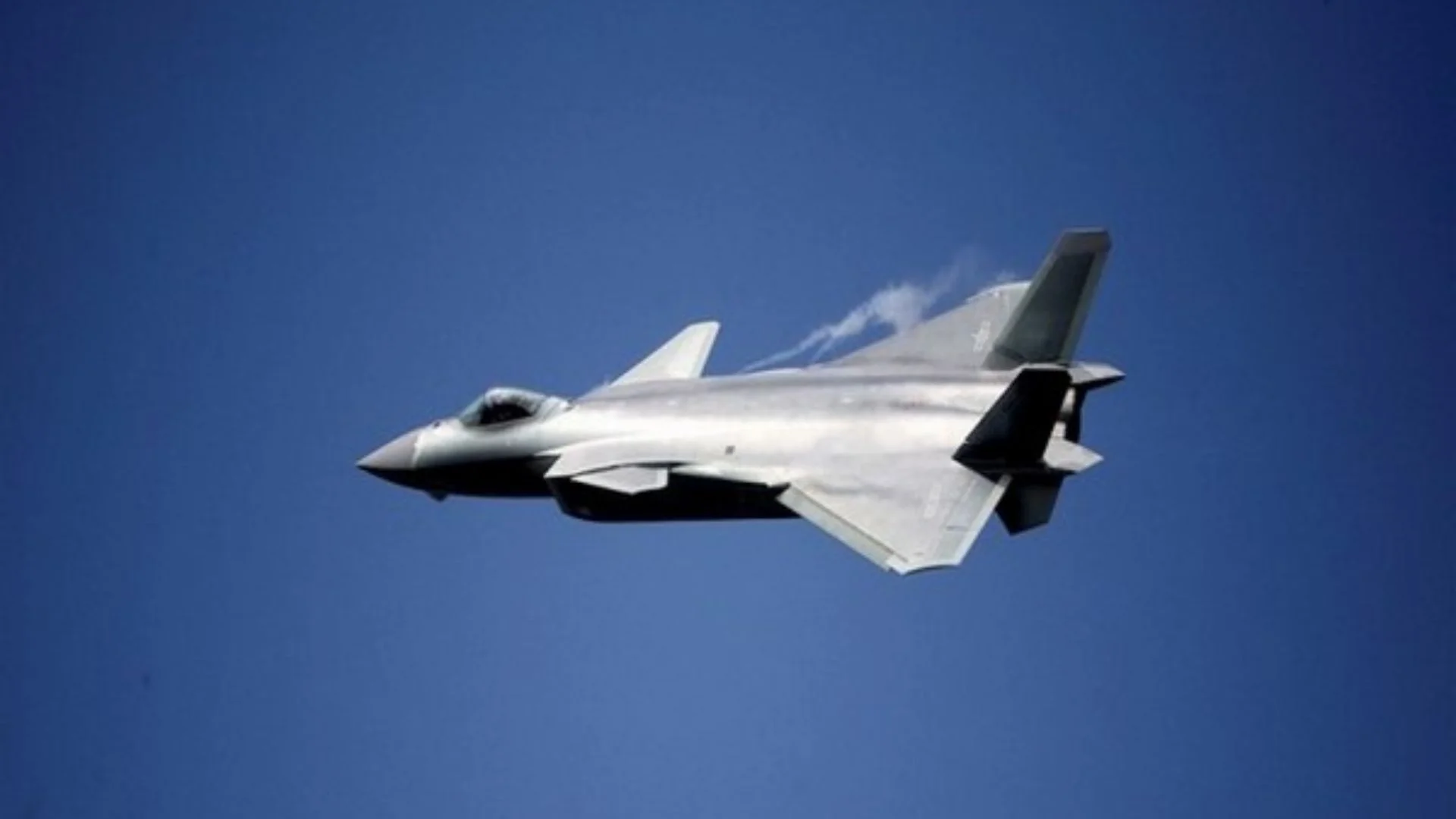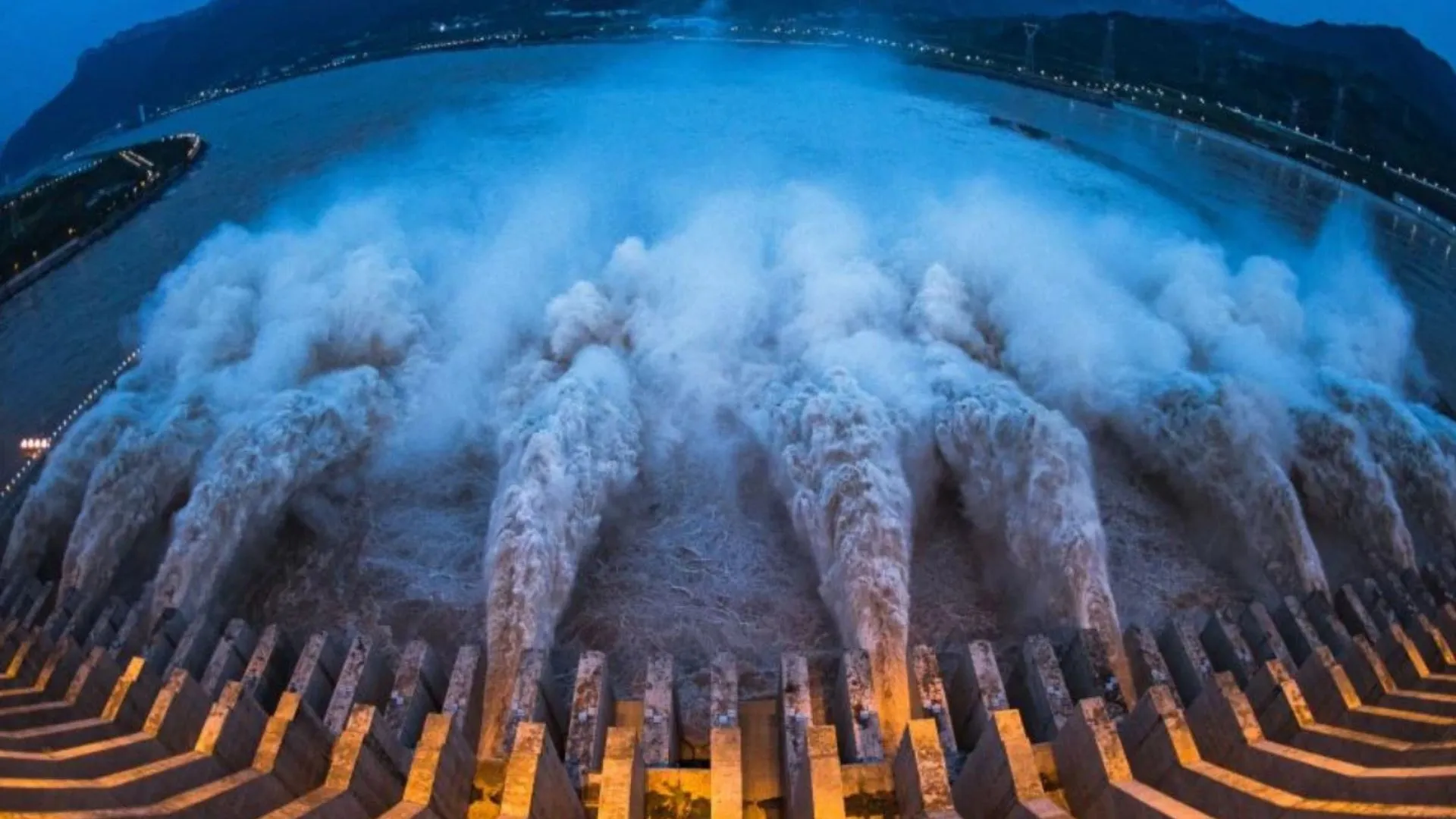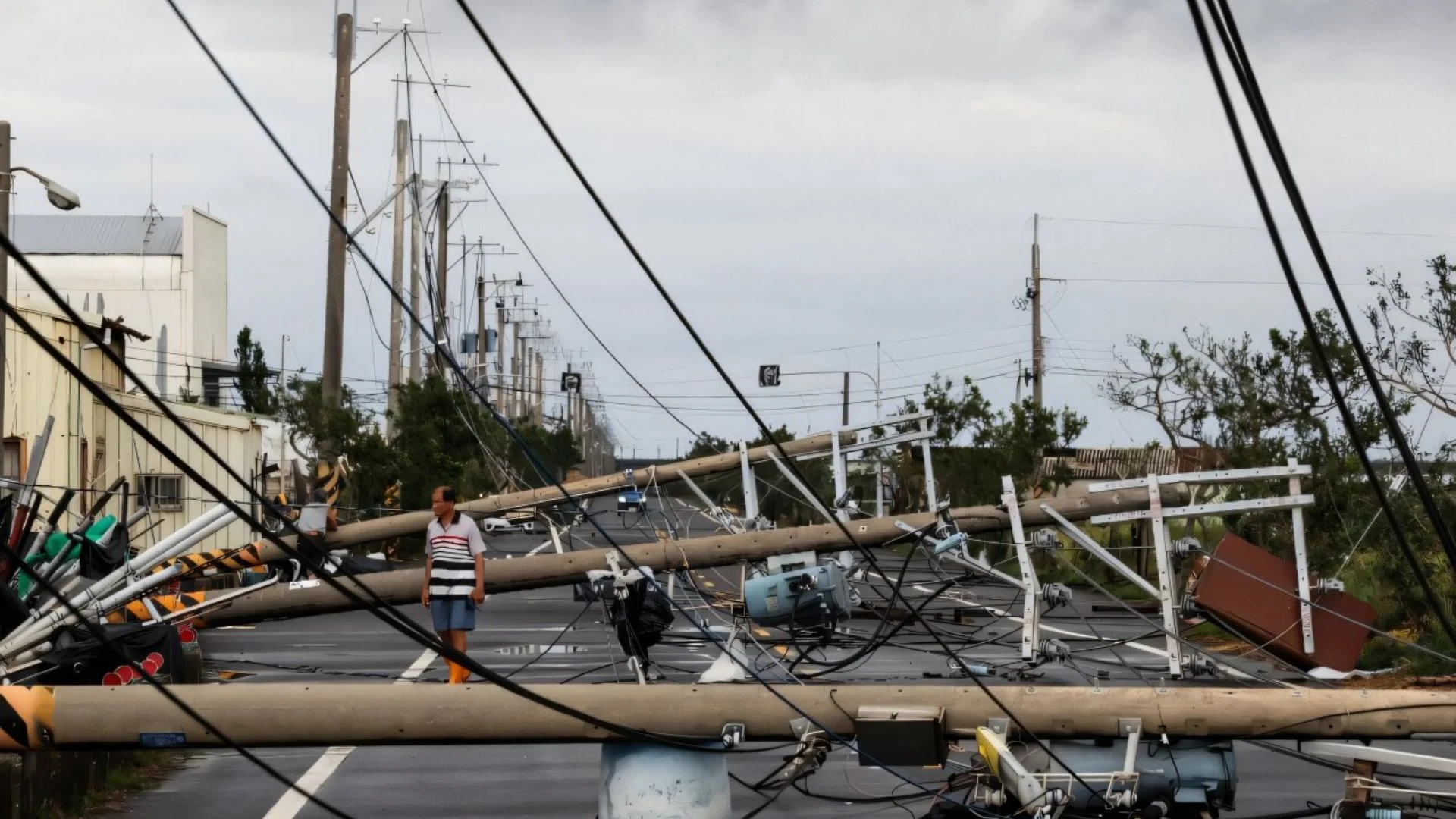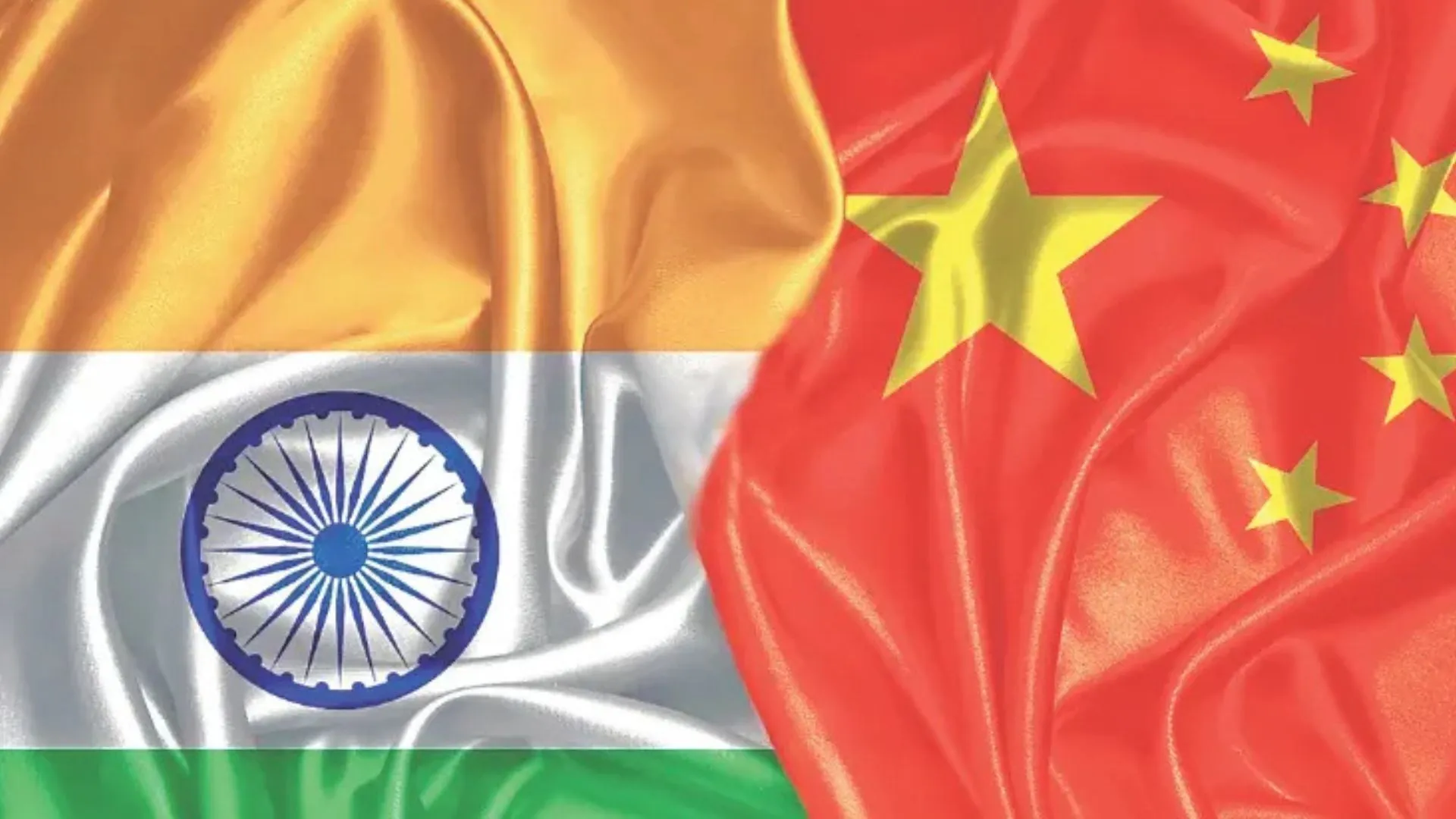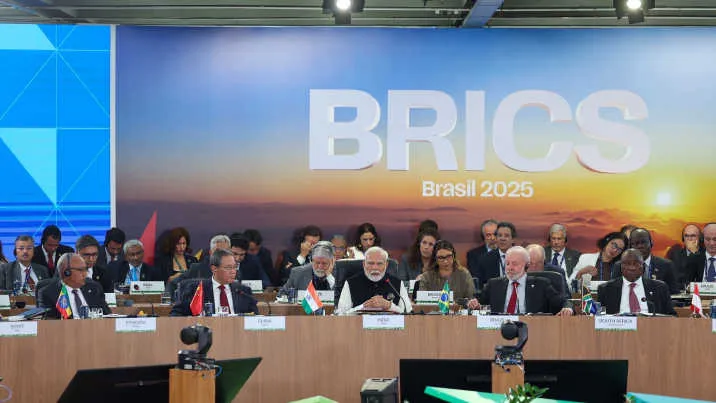A new row over the Dalai Lama’s succession has broken out with Beijing claiming it will have to validate the next reincarnation. This was said just hours after the Dalai Lama himself stated that only his nonprofit organisation is authorised to determine his successor. The comments have rekindled tensions as the Tibetan spiritual leader and Beijing dispute who should decide Tibetan Buddhist leadership.
The Dalai Lama, who is 90 this Sunday, made the remarks at his birthday celebrations. With his old age and dubious health, the question of succession is now more pressing—and sensitive from a political point of view.
India, the US, and China are closely watching the succession issue. They do so not only for its religious value but also for strategic reasons. Moreover, the outcome may shift regional dynamics. Furthermore, it could impact diplomacy over Tibet. Therefore, global interest in the Dalai Lama’s successor remains high.
China Insists on Golden Urn Approval
Shortly after the Dalai Lama’s declaration, Chinese foreign ministry spokeswoman Mao Ning responded sharply. She said the reincarnation of leaders like the Dalai Lama and the Panchen Lama must follow tradition.
Therefore, the process must include a lottery draw from a golden urn. Furthermore, the central government must give final approval. This involves obtaining lots from a golden urn and being endorsed by China’s central government.
Mao Ning told AFP that the central government must sanction the reincarnation of the Dalai Lama, the Panchen Lama, and other eminent Buddhist leaders, and that their selection must occur through a lottery draw from a golden urn.
Dalai Lama’s Position Defies Beijing
By publicly declaring his institution’s exclusive authority, the Dalai Lama has confronted directly China’s assertion of control over the reincarnation process. His announcement ends years of speculation about whether he would designate a successor at all.
Most of his followers worry that Beijing will appoint a state-selected Dalai Lama, as it did with the Panchen Lama, to secure tighter control over Tibet.
Global Attention on a Spiritual Succession
This politically charged religious question has been of global concern. For China, the succession presents a means to tighten its grip on Tibet. For the Dalai Lama’s people, it is a struggle to maintain religious freedom and cultural heritage.
With the debate over succession heating up, the world now waits and sees if China will proceed alone—or if the spiritual process will remain in Tibetan control.

